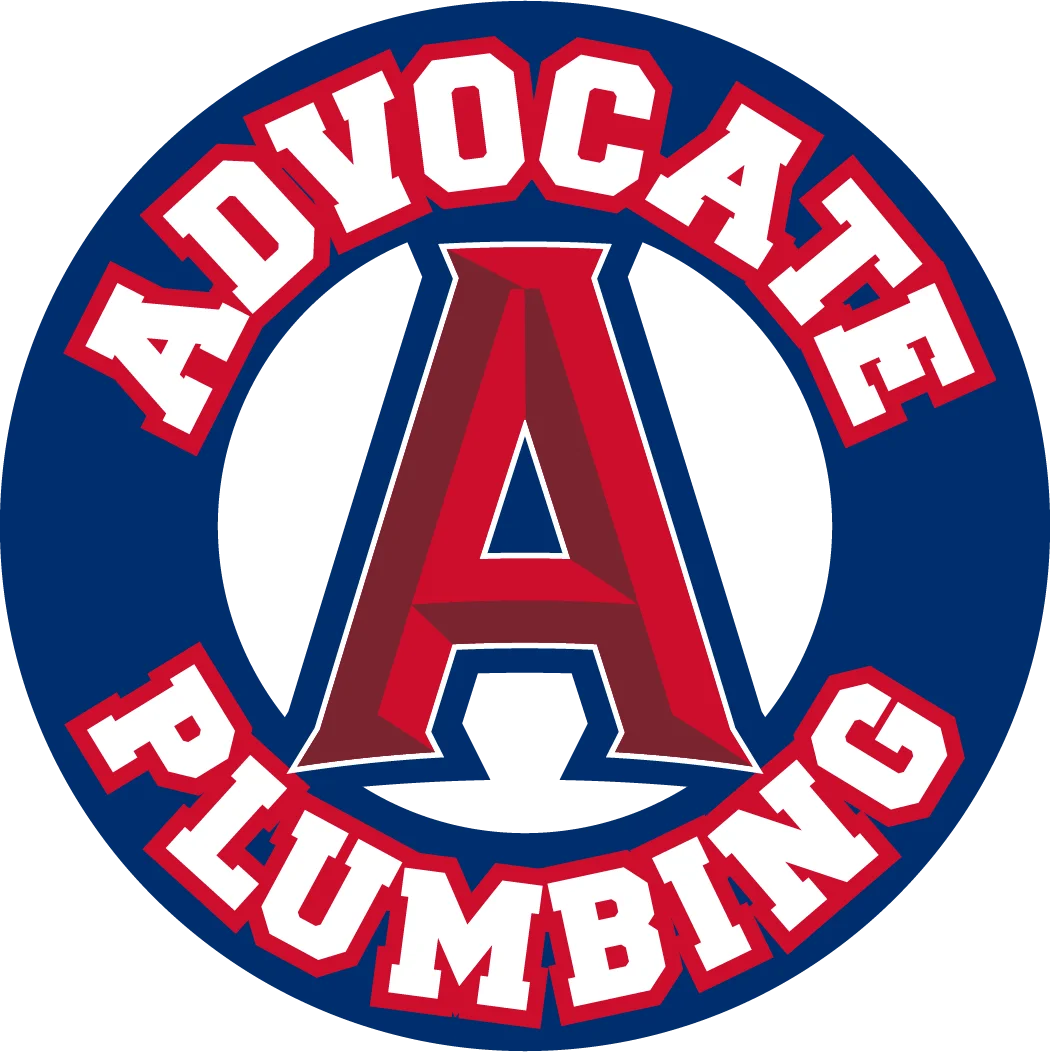Serving Hamilton County & Surrounding Areas
How to Deal with Sewer Line Backups
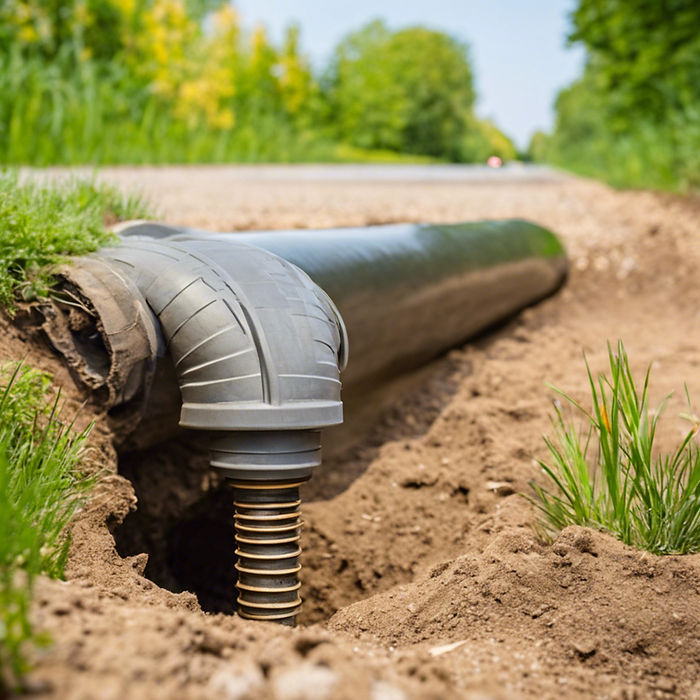
A sewer line backup is one of the most unpleasant plumbing problems homeowners can face. Not only does it create a messy and smelly situation, but it can also cause significant damage to your home if not dealt with promptly. Understanding how to handle sewer line backups and when to call a professional can save you from costly repairs and help keep your home safe. In this blog, we’ll walk you through the steps to take when dealing with a sewer line backup.

1. Recognize the Warning Signs
Before a full-blown backup occurs, there are often warning signs that your sewer line is in trouble. Catching these signs early can help you prevent a larger issue from developing.
• Slow Drains: If you notice multiple drains in your home (like sinks, showers, or toilets) are draining slowly at the same time, this may indicate a blockage in the main sewer line.
• Gurgling Noises: Strange gurgling sounds coming from your drains or toilet can be a sign of a blockage or sewer backup.
• Foul Odors: A strong, unpleasant odor coming from your drains is often a clear indicator that there’s a sewage problem.
• Sewage Backup: The most obvious sign of a sewer line issue is sewage backing up into your sinks, toilets, or tubs. This is a serious problem that requires immediate attention.
2. Stop Using Water
If you suspect a sewer line backup, the first thing to do is stop using water in your home. This includes flushing toilets, running faucets, or using appliances like dishwashers or washing machines. Continuing to use water can worsen the backup and cause more sewage to enter your home.
• What to Do: Immediately stop all water usage and instruct others in your household to do the same. This helps prevent further damage until the issue can be addressed.
3. Check the Cleanout
Your home’s sewer system may have a cleanout pipe, typically located outside near your house, which provides direct access to the main sewer line. The cleanout can be used to inspect the line or relieve pressure.
• What to Do: Locate your cleanout (it’s usually a white or black pipe with a screw-on cap). If the cap is off and sewage is overflowing, this confirms that the blockage is in the main sewer line. If you’re comfortable, you can try opening the cleanout to release some of the pressure and allow water to drain, but it’s often best to leave this to a professional.
4. Avoid DIY Drain Cleaners
It might be tempting to reach for a chemical drain cleaner to try to resolve the problem, but this is usually a bad idea when dealing with a sewer line backup. These harsh chemicals can damage your pipes and may not even solve the underlying issue.
• What to Do: Instead of using chemical drain cleaners, contact a professional plumber to assess the situation. They have the right tools and experience to safely remove blockages without harming your plumbing system.
5. Call a Professional Plumber
Sewer line backups are not a DIY project—they require immediate attention from a professional plumber. Plumbers have specialized equipment, such as sewer cameras and hydro jetters, to identify and clear blockages safely and effectively. Ignoring a sewer line backup or trying to fix it yourself can lead to more damage, health risks, and costly repairs.
• What to Do: As soon as you notice any of the warning signs of a sewer line backup, contact a licensed plumber. They’ll be able to quickly diagnose the issue and take the necessary steps to resolve it.
6. Consider Preventive Maintenance
Once the sewer line backup is resolved, it’s important to take steps to prevent future problems. Preventive maintenance can help keep your sewer line clear and avoid the headache of another backup.
• What to Do: Consider scheduling regular sewer line inspections with a professional plumber to check for any potential blockages. If tree roots are the issue, you may need to have them removed to protect your sewer line. Additionally, avoid flushing items like wipes, paper towels, or grease down your drains, as these can contribute to clogs.
Contact Advocate Plumbing for Sewer Line Help
Dealing with a sewer line backup can be stressful, but you don’t have to handle it alone. At Advocate Plumbing, we specialize in diagnosing and fixing sewer line issues quickly and efficiently. If you’re facing a sewer backup, don’t wait—contact us today to schedule an appointment. Our experienced team is ready to help restore your plumbing system and keep your home safe.
Recent Posts
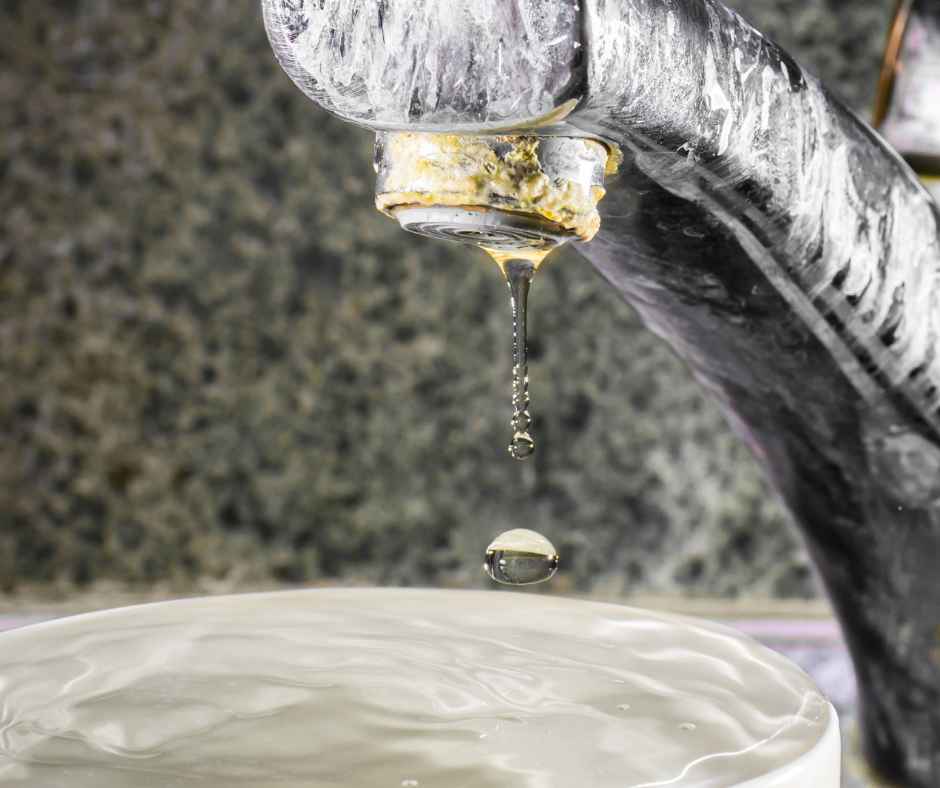
Hard Water & Hamilton County: Why Your Noblesville Home Needs a Water Softener

Preventing Pipe Bursts: Preparing Your Plumbing for Indiana’s Sub-Zero Temps
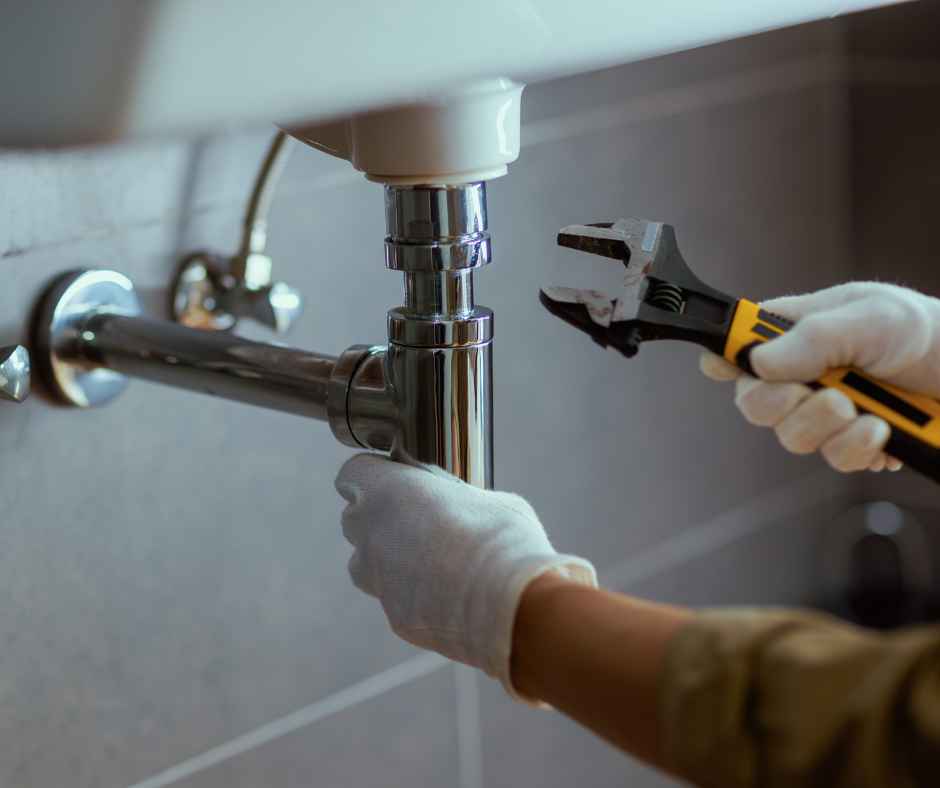
Why Hiring a Licensed Plumber Matters for Your Home’s Safety and Efficiency
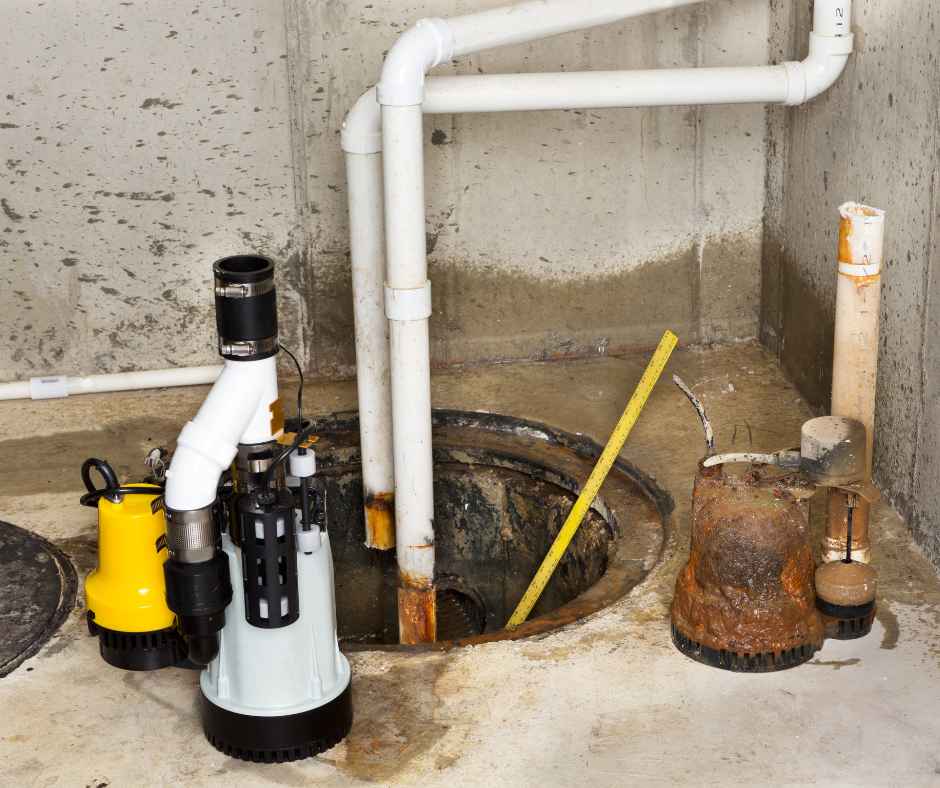
Why Your Sump Pump Needs Regular Maintenance and How to Do It
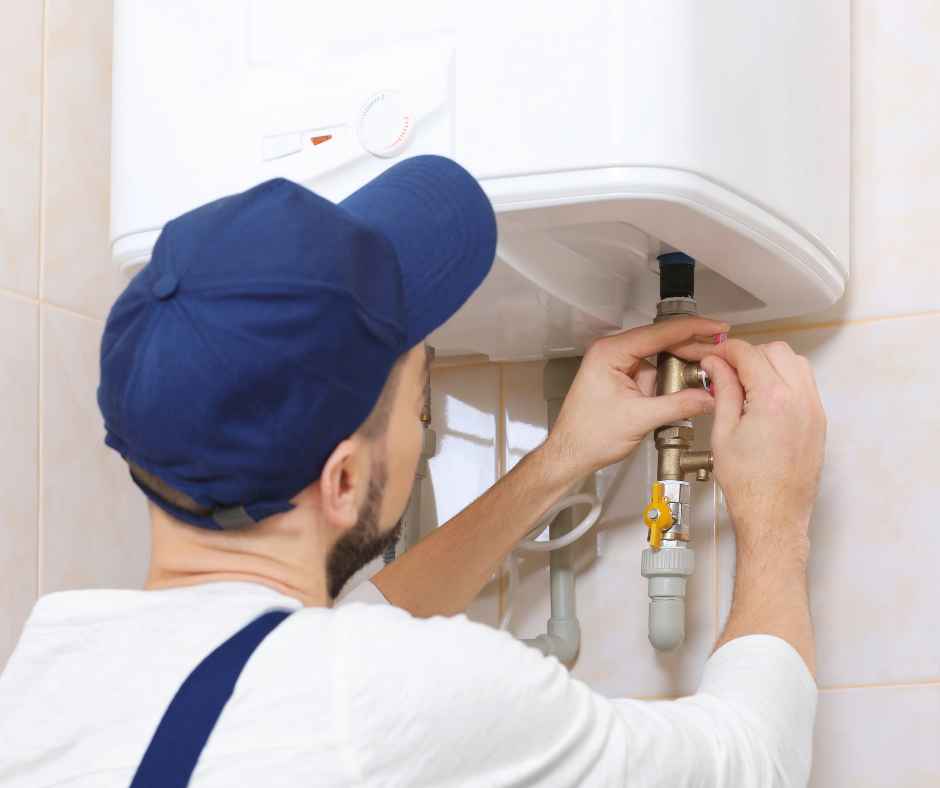
How to Choose the Right Water Heater for Your Home
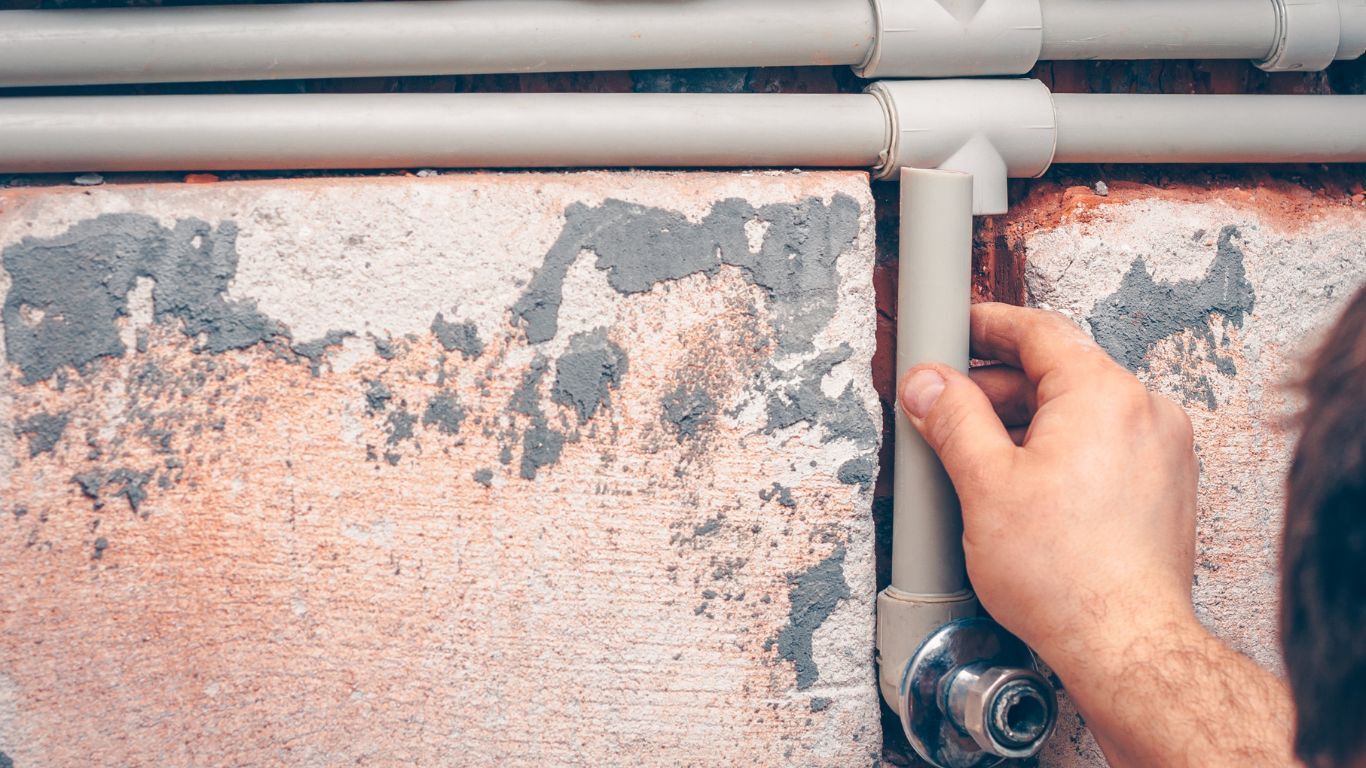
Preventive Plumbing Inspection Guide Every Homeowner Should Follow

Reverse Osmosis vs. Water Softener: Which Is Right for Your Home?
Get in Touch
